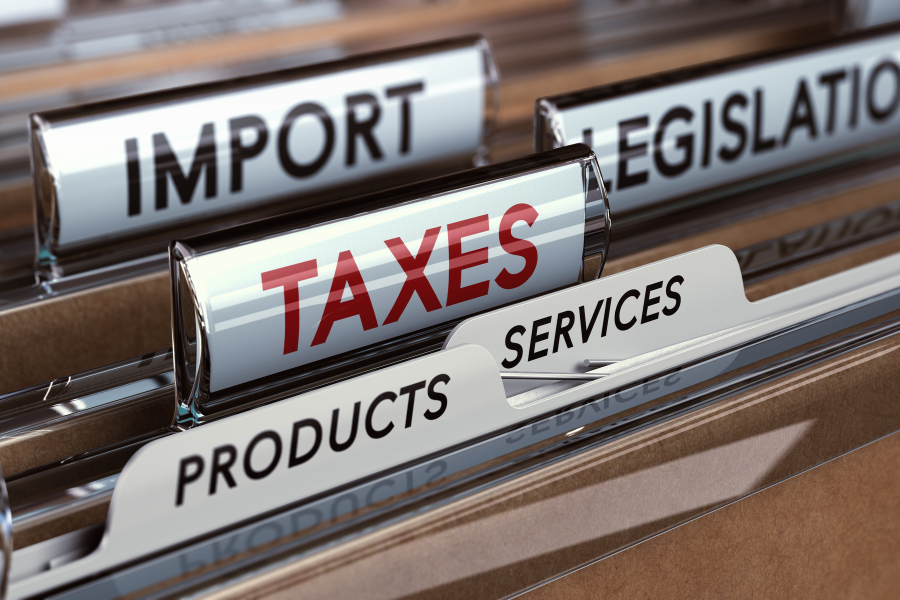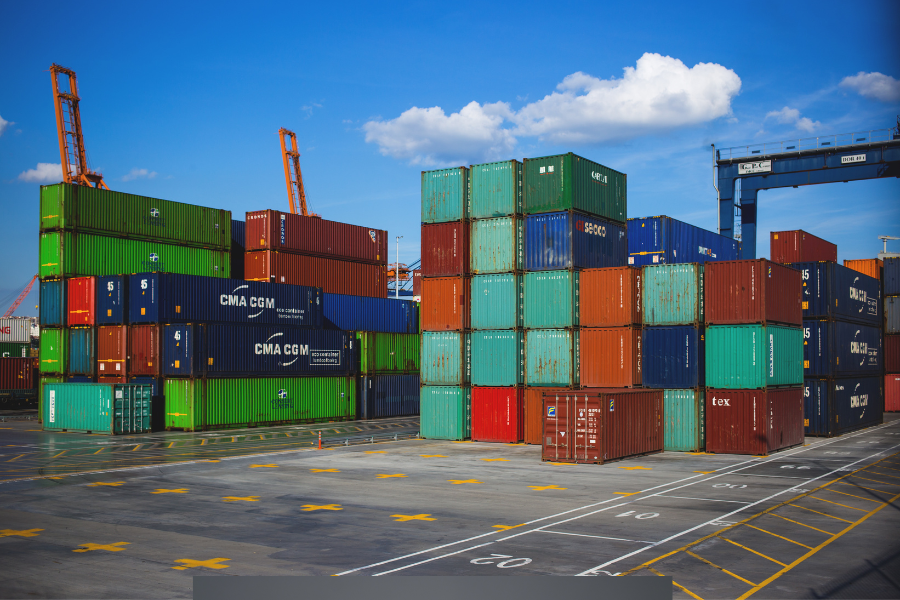Alcoholic beverages are popular consumer products worldwide. However, these drinks are subject to excise taxes in most countries, collected at the time of import, manufacture, or first delivery to the consumption channel.
To facilitate the payment of these taxes and ensure the control of spirits, tax warehouses have been established.
What is a Tax Warehouse?
A tax warehouse is an establishment authorized by the Public Administration for the custody, storage, and handling of alcoholic beverages under a suspension of excise duties regime.
In less technical terms, alcoholic beverages located in a tax warehouse are not subject to the payment of excise taxes until they are removed from the warehouse for sale or consumption.

What is a Tax Warehouse Used For?
Tax warehouses are used for the following activities:
- Import of alcoholic Beverages: Imported beverages can enter the customs territory under a suspension of excise duties, provided they are deposited in an authorized tax warehouse.
- Manufacture of Spirit Drinks: Alcoholic beverages manufactured can be stored in a tax warehouse without paying excise taxes until they are removed from the warehouse for consumption.
- Handling of Alcoholic Beverages: Beverages in a tax warehouse can undergo handling processes, such as bottling, packaging, or labeling, without paying excise taxes until they leave the warehouse.

How Does a Tax Warehouse Work?
The operation of a tax warehouse is straightforward (though not its management) and follows these steps:
- Alcoholic beverages are introduced and/or produced in the tax warehouse.
- Beverages are stored in the warehouse without paying excise taxes.
- Spirit drinks are removed from the warehouse for consumption.
At the time of leaving the tax warehouse, the corresponding excise taxes are settled.
Requirements for Tax Warehouse Authorization
To obtain authorization to operate a tax warehouse, companies must meet the following requirements:
- Be a legally constituted company.
- Have suitable premises for the storage and handling of spirit drinks.
- Have the necessary infrastructure and equipment for control and, if necessary, correct labeling of alcoholic beverages.
- Designate a person responsible for the tax warehouse.
Advantages of Using a Tax Warehouse
Using a tax warehouse offers the following advantages:
- Reduces costs for companies, as they can defer the payment of excise taxes until alcoholic beverages are removed from the warehouse for sale or consumption.
- Facilitates control of spirit drinks by authorities, as those in a tax warehouse are under constant surveillance with a connection to the Tax Agency.

Tax warehouses are an important part of the alcohol control system. They allow companies to import, manufacture, and handle these beverages without paying excise taxes until they are removed from the warehouse for consumption, providing relief for importers, distributors, and producers who do not have a solid financial backing.

